Alan Kay recommends reading old and forgotten but important programming books
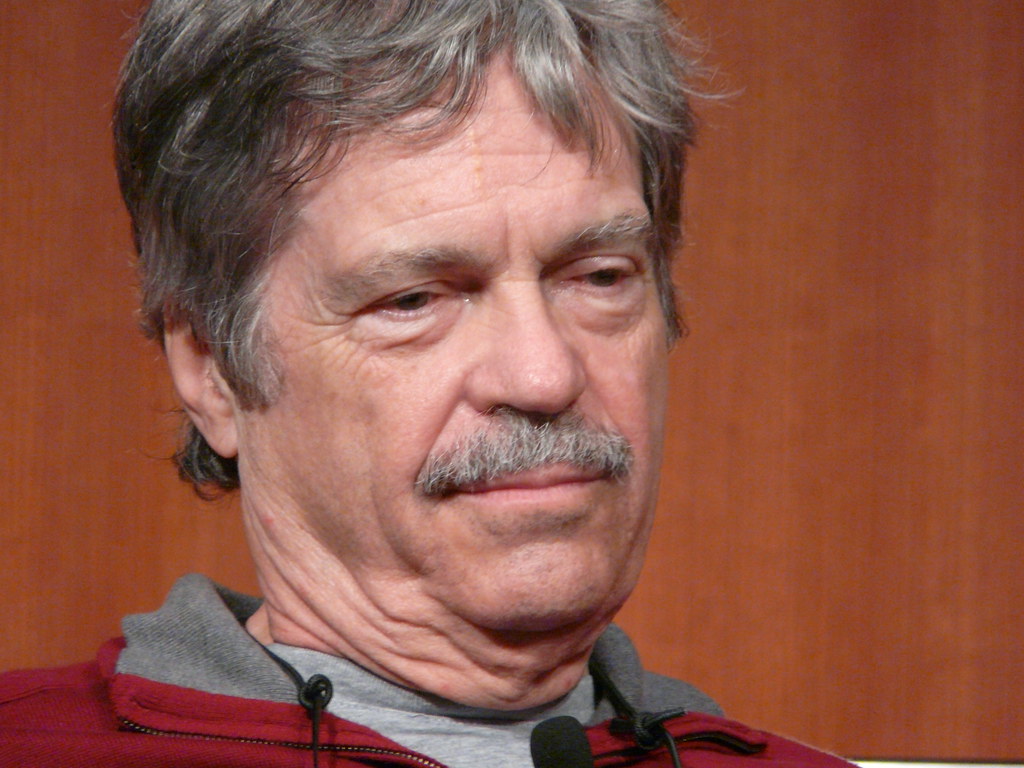
Alan Kay is the Master of Yoda for IT people. He was at the forefront of creating the first personal computer (Xerox Alto) , the SmallTalk language, and the concept of "object-oriented programming . " He has already spoken out a lot about his views on education in Computer Science and has advised books to those who want to deepen their knowledge:
- Alan Kay: how I would teach Computer Science 101
- Alan Kay: “What books would you recommend reading to someone who studies Computer Science”
- Alan Kay (and Habr collective intelligence): which books form the thinking of a labor engineer
- Alan Kay and Marvin Minsky: Computer Science already has a “grammar”. Need "literature"
Recently, Quora again raised this topic and the discussion came in first place on Hacker News. I bring to your attention a "new" list of super old and fundamental books on programming and the thinking of a programmer from Alan Kay.
Lisp 1.5 Programmers Manual
by John McCarthy, 1962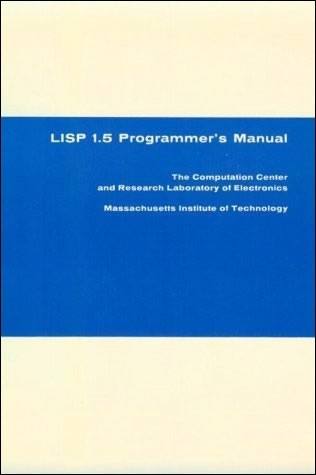
The book is the absolute champion and life leader in the rating of all book lists from Alan Kay. This version of the language is no longer there, but the book is magnificent.
eight more rarities:
Computation: Finite and Infinite Machines
by Marvin Minsky, 1967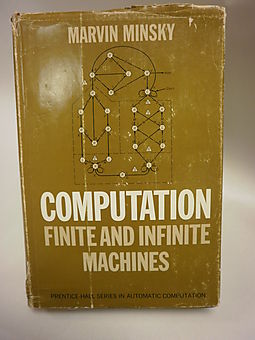
Marvin Minsky "Computations and Automata" (rus, djvu).
Advances in Programming and Non-Numerical Computation
ed. L. Fox, 1966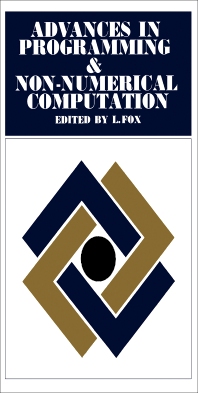
The mythical man-month
by Fred Brooks, 1975
Mythical Man-Month (PDF, 171 pages)
The sciences of the artificial
by Herb Simon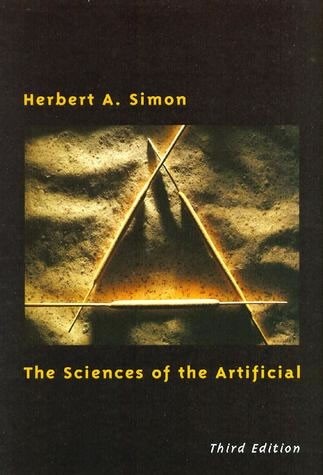
The Sciences of the Artificial (PDF, 241 pages)
The book of Herbert Simon (laureate of the Turing Prize and the Nobel Prize) in Russian (djvu).
Herbert Simon did not read newspapers and did not watch TV, because he believed that if something really important happened, someone would tell him about it, so you should not waste time on the media.
- Wikipedia
A programming language
by Ken Iverson, 1962
Control Structures for Programming Languages
by Dave Fisher, 1970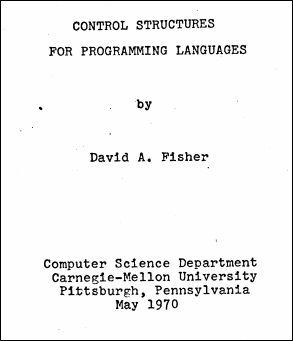
Control Structures for Programming Languages (PDF, 216 pages)
The metaobject protocol
by Kiczales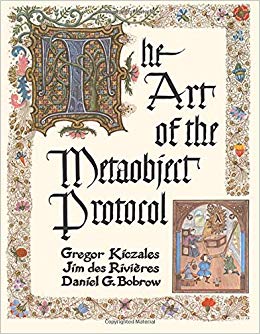
Joe Armstrong's PhD thesis

Joe Armstrong , creator of Erlang.
Joe Armstrong's PhD thesis (PDF 295 pages)
PS
Two questions for harachitati:
- What old-school books do you think are required to be read?
- What non-programming books have enhanced your programmer's thinking / worldview skills?
All Articles